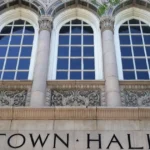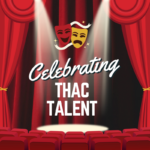by Paul Albani-Burgio (Centennial Citizen)
Some Denver area institutions say digital approach could become lasting element
Town Hall Arts Center in Littleton was just about to start its spring kids’ classes when the arrival of COVID-19 changed everything.
“Once that all came apart, I, like everybody else, sort of sat back and said: ‘What do we do?’” said Robert Michael Sanders, the education manager at the arts center.
But as the situation came into clearer focus, Sanders realized the center had an opportunity to do something good to help preserve a sense of normalcy for kids and the parents who are struggling to keep them entertained and engaged.
“What we did is we sort of created a pile of classes and decided we could put them together online and just put it out there for people,’” Sanders said. “And we decided that the best thing we could do for the kids stuck at home is just offer something (free of charge) and not add a financial hit to the parents who may or may not be working.”
Sanders said the arts center is offering 10 classes that take place on weekdays between 3:30 and 5:30 p.m. to mimic a traditional after-school program. About 90 kids are currently enrolled.
“The response has actually been pretty overwhelming,” Sanders said.
It’s a new way of teaching for Sanders and his team and a new way of learning for the students, but one that has become increasingly commonplace in recent weeks as museums, libraries and other cultural institutions and organizations have responded to the closure of their physical facilities by pivoting to offering content and experiences virtually.




